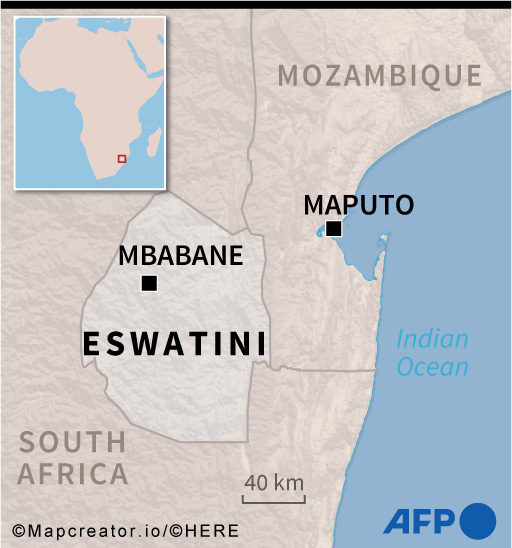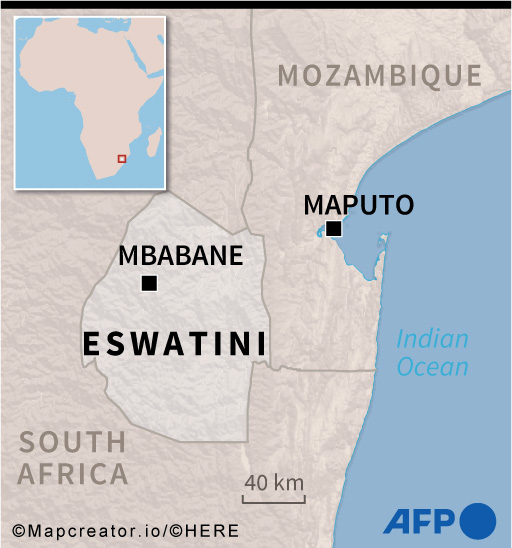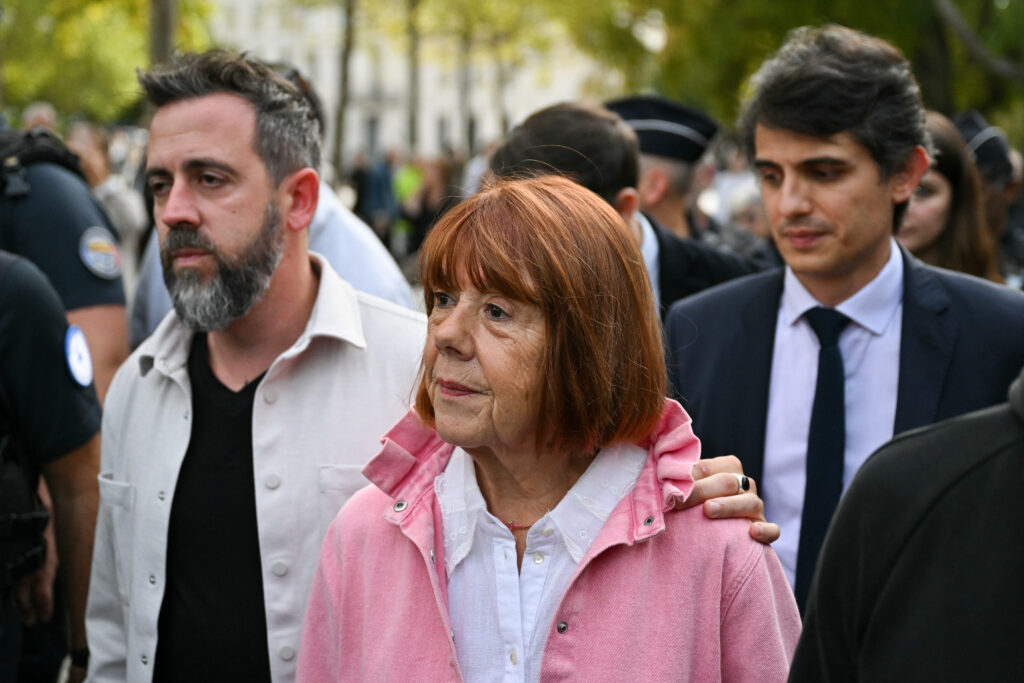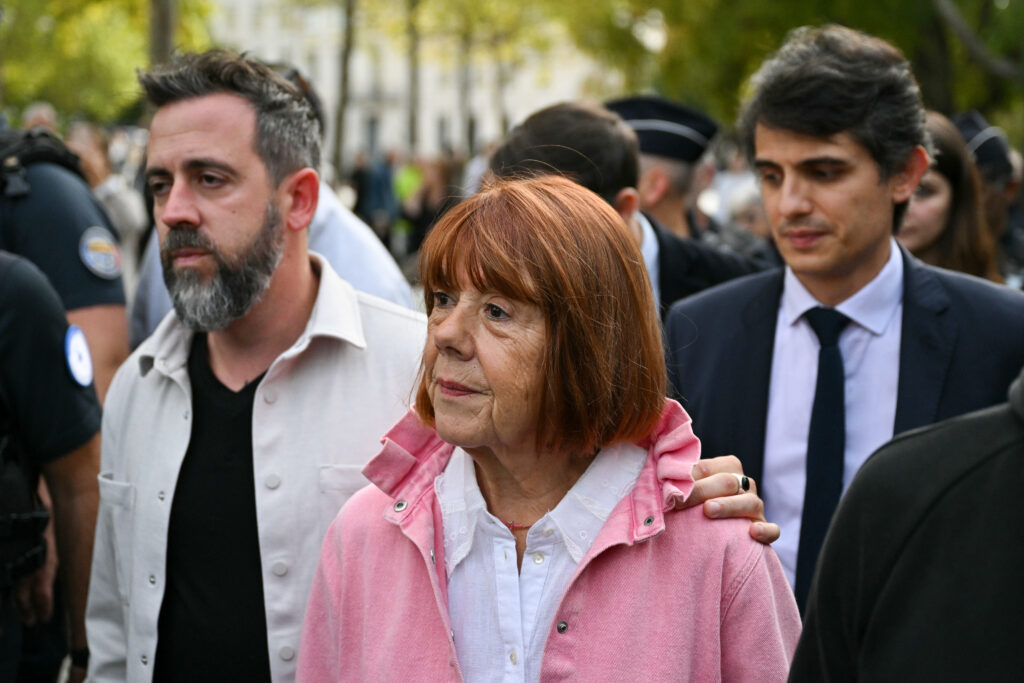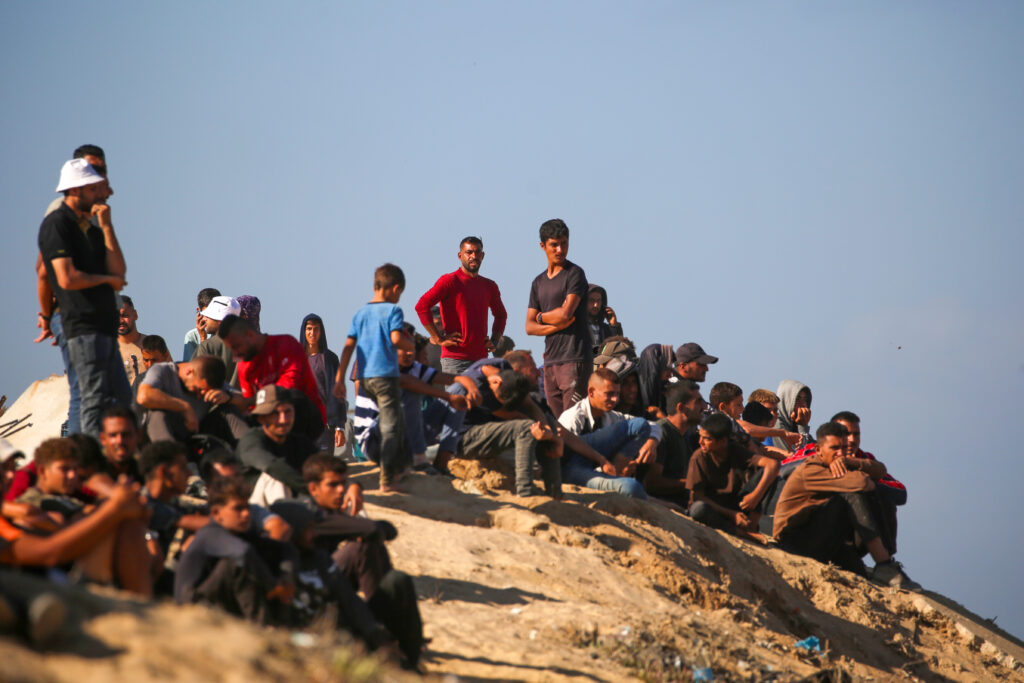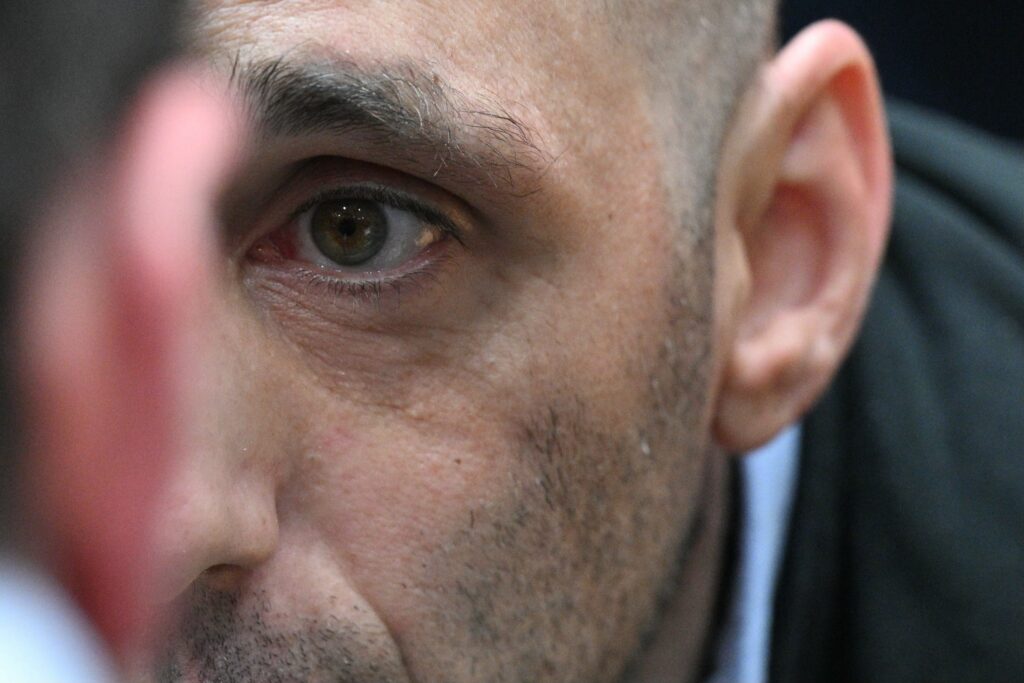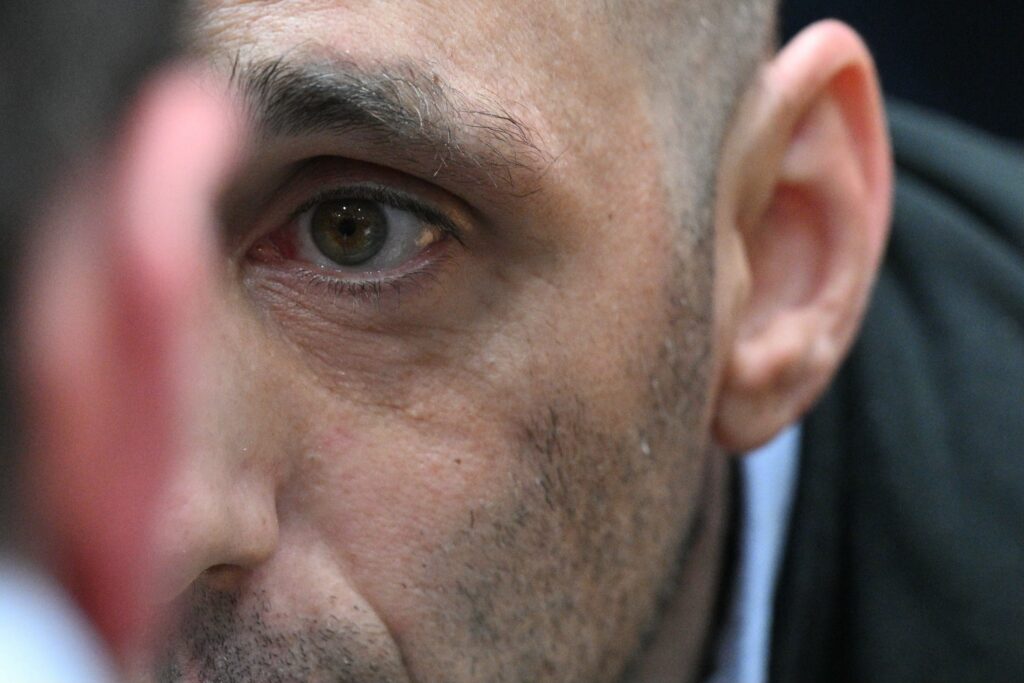Coupures d’électricité à travers l’Ukraine après des frappes russes massives
Des dizaines de milliers de personnes sont sans courant vendredi à Kiev et dans neuf régions d’Ukraine après l’une des attaques russes les plus massives dirigées contre le réseau énergétique, qui a tué un enfant de 7 ans et fait une trentaine de blessés.La Russie multiplie depuis plusieurs semaines les frappes sur les infrastructures énergétiques et le réseau ferroviaire ukrainiens à l’approche de l’hiver, faisant craindre une campagne, comme les années précédentes, qui pourrait plonger des millions de personnes dans le noir.Selon l’opérateur du réseau électrique ukrainien, Ukrenergo, les bombardements de la nuit ont provoqué des coupures de courant chez “un nombre significatif d’usagers” dans la capitale et neuf autres régions de l’est, du sud, du nord et du centre du pays. Maksym Timtchenko, le PDG du principal acteur privé du secteur, DTEK, a estimé que cette attaque “marque une grave escalade dans la campagne menée par la Russie contre le système énergétique ukrainien”. Sa société a fait état de “centrales thermiques gravement endommagées”.Une source au sein du secteur ukrainien de l’énergie a indiqué à l’AFP que “des dizaines de milliers de foyers” se retrouvent sans courant à Kiev. Elle a expliqué qu’en raison du temps nuageux, de nombreux drones russes ont “réussi à contourner la défense antiaérienne”.”Depuis plusieurs semaines, les Russes font tout pour plonger le pays dans l’obscurité”, a dénoncé le président Volodymyr Zelensky, plaidant une nouvelle fois pour une “action décisive” des Occidentaux qu’il exhorte à livrer des systèmes antiaériens supplémentaires.Selon les autorités, les frappes ont fait au moins un mort – un garçon de 7 ans dans la région de Zaporijjia – et 33 blessés.L’armée russe a de son côté affirmé avoir visé des sites énergétiques alimentant “le complexe militaro-industriel” ukrainien.- Kiev dans le noir -Il s’agit de “l’une des plus importantes frappes concentrées spécifiquement contre des installations énergétiques”, a dénoncé de son côté la Première ministre Ioulia Svyrydenko, soulignant que les infrastructures ont “subi des dommages importants”.Selon l’armée de l’air ukrainienne, la Russie a tiré 465 drones et 32 missiles sur le pays, dont respectivement 405 et 15 ont été abattus.Des journalistes de l’AFP à Kiev ont entendu de nombreuses explosions ainsi que le vrombissement de drones d’attaque.A Kiev, “la rive gauche (orientale, ndlr) est sans électricité. Il y a également des problèmes sur le réseau d’eau”, a indiqué le maire de la ville, Vitali Klitschko, sur Telegram.Un journaliste de l’AFP vivant dans l’est de Kiev a également constaté l’absence de courant et d’eau potable et témoigné que cette partie de la ville était plongée dans une obscurité totale.Selon le correspondant de guerre russe Alexandre Kots, deux centrales électriques ont été touchées à Kiev et au moins six autres à travers l’Ukraine.- “Hiver extrêmement difficile” -M. Zelensky avait déjà dénoncé plus tôt cette semaine la multiplication des frappes contre des cibles énergétiques et estimé que “l’objectif de la Russie est de semer le chaos” au sein de la population.Autre signe de la pression russe, les autorités ukrainiennes ont annoncé jeudi de nouvelles évacuations de civils dans l’est du pays, où se déroule l’essentiel des combats.Le secteur gazier ukrainien est aussi mis à rude épreuve par les frappes russes, ce qui pourrait pousser Kiev à recourir à de coûteuses importations. L’hiver dernier, les bombardements russes avaient déjà réduit de moitié la production nationale de gaz en Ukraine.L’Ukraine frappe elle aussi régulièrement la Russie, ciblant en particulier les raffineries, ce qui a provoqué une hausse des prix du carburant dans ce pays depuis l’été.M. Zelensky a estimé cette semaine que les pénuries de carburant en Russie se chiffraient “à hauteur de 20% des besoins”.L’Ukraine a aussi récemment frappé une centrale électrique dans la région russe frontalière de Belgorod, y provoquant des coupures de courant.Une délégation ukrainienne conduite par la Première ministre Ioulia Svyrydenko doit se rendre “en début de semaine” aux Etats-Unis pour évoquer notamment la question de l’énergie et de la défense antiaérienne, selon M. Zelensky.


